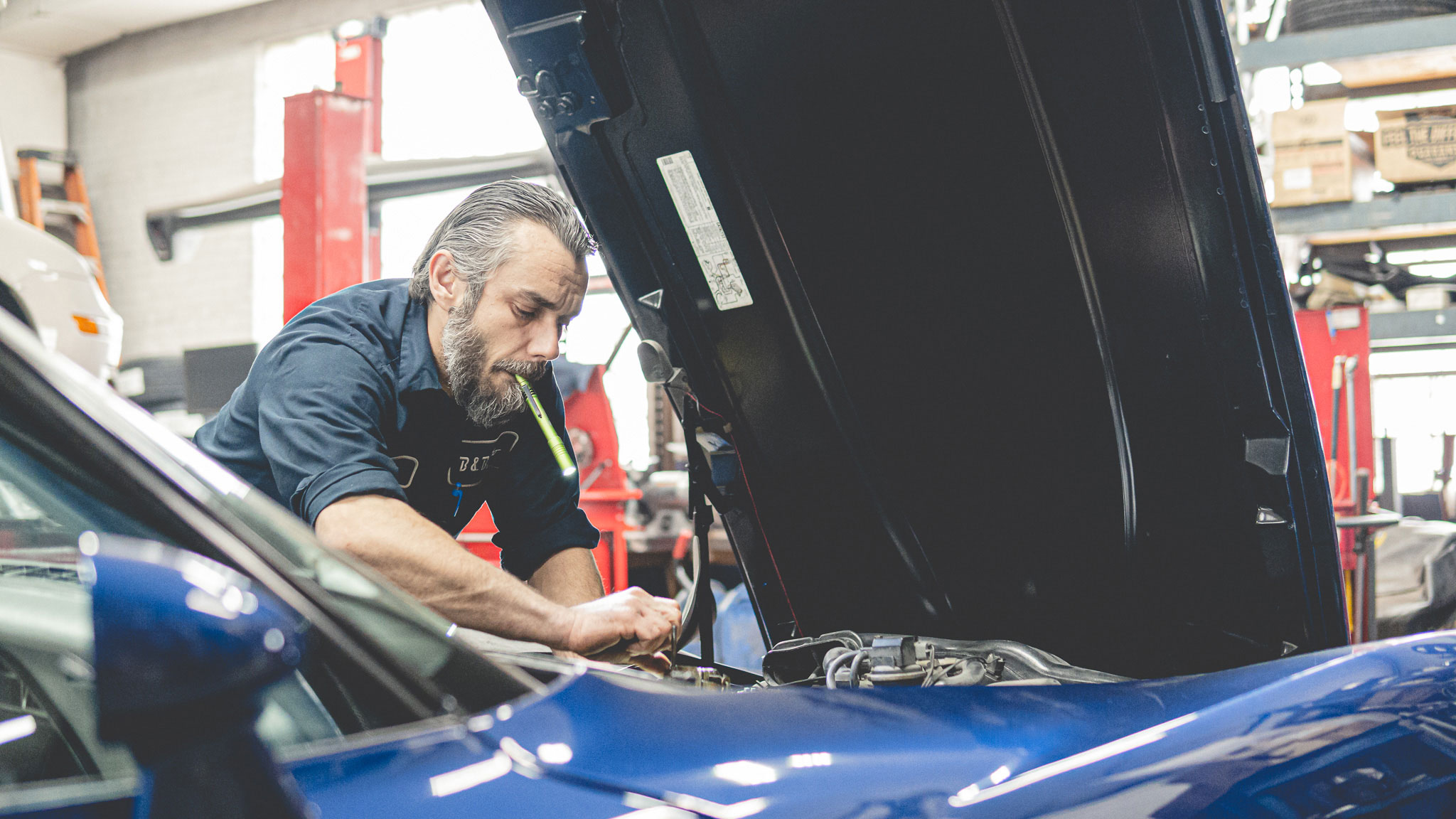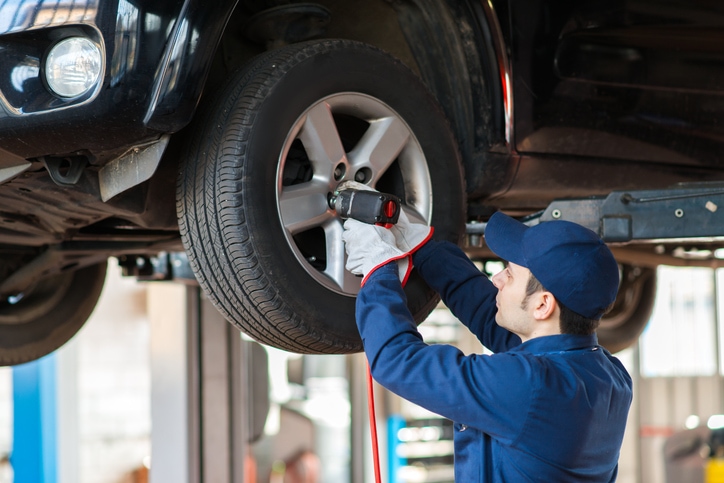All Categories
Featured

Understanding the variables that influence the cost of these repair services is crucial for automobile owners who desire to be prepared for the unforeseen. From the kind of repair service needed to the make of your car, numerous crucial elements can determine exactly how much you'll pay for repair work.
- Type of Repair. The nature of the repair plays a critical function in the price. Simple repair services, such as replacing an ignition system or brake pads, are usually less costly because they require fewer components and less labor. On the various other hand, repair services that entail complicated systems like the transmission, engine, or electric systems tend to be a lot more pricey. These repair services usually call for even more specific components and knowledge, resulting in greater labor costs. Furthermore, if the repair service includes dismantling numerous parts, the labor prices can increase substantially.
- Make and Model of Your Vehicle. Deluxe and international cars, such as BMWs, Audis, and Mercedes-Benz, often come with greater repair work expenses due to their specialized parts and the proficiency required to function on them. In comparison, even more common cars like Ford or Toyota generally have less costly parts and are easier for mechanics to work on, which decreases repair service costs.
- Components Availability and Quality. The price of the components required for the repair work is one more significant factor. The rarity of parts, especially for older or specialty vehicles, can likewise drive up the cost, as finding appropriate substitutes can take time and effort.
- Labor Expenses. Labor expenses are one of the largest factors to the general cost of car repairs. These prices vary by region and repair service store, with urban areas typically billing greater rates because of overhanging prices. Mechanic proficiency also affects labor expenses-- extra knowledgeable or specialized specialists have a tendency to bill even more for their services. The intricacy of the repair work also contributes; fixings that require more time or specialized knowledge, such as dealing with an engine or electric system, will certainly lead to higher labor fees. Labor is normally billed on a per hour basis, and some repairs can take several hours to complete.
- Degree of the Damage. If the damage is considerable and requires several components to be replaced or fixed, the expense will climb. When significant systems like the transmission or engine are affected, the fixing price can escalate quickly due to the number of components and the labor entailed.
- Car Age and Problem. Older vehicles tend to need even more frequent repair services, and as components break gradually, the price of those repair services can raise. In most cases, older automobiles are a lot more vulnerable to issues with their suspension, engine, or transmission. Furthermore, components for older designs may be harder to discover, which can raise both the rate and time required for repair work. If your automobile is still in good total condition and well-kept, you may be able to extend its life-span with less and less expensive repair services. Autos with less miles on the odometer may additionally be much less most likely to need expensive repair work in the future.
- Place of the Repair Store. The place of the repair work shop can also influence the price of cars and truck fixings. Furthermore, dealers usually charge more for repair work compared to independent fixing stores, although dealers may use OEM parts and use specialized service for your make and model.
- Insurance Policy and Guarantee Insurance Coverage. If your vehicle is still under warranty, lots of significant repairs may be covered by the maker, which can conserve you a significant quantity of money. In some cases, expanded warranties or solution plans can help cover repair services for certain components of the vehicle. Additionally, if the repair work is a result of an accident, your car insurance policy might cover the expense. Make sure to examine the regards to your insurance or service warranty plan to recognize what repair work are covered and what you may need to spend for out-of-pocket.

Conclusion. A number of variables affect the price of significant auto fixings, consisting of the type of repair work, the make and model of your car, the quality of the components used, and labor fees. Recognizing these components can assist you better prepare for repair service costs and make more educated choices when it's time for a major repair.
Latest Posts
A Historical Coastline Location with Modern Thrills
Published Apr 05, 25
1 min read
A Historical Coastline Destination with Modern Thrills
Published Apr 04, 25
1 min read
Experience Coastal Sophistication at Deauville Inn
Published Apr 01, 25
1 min read